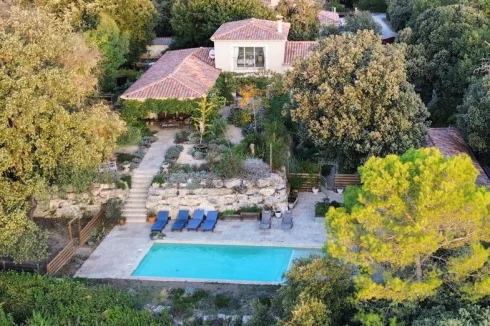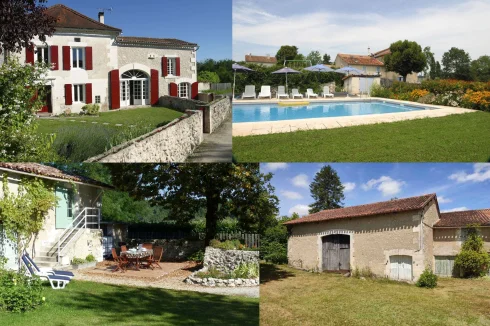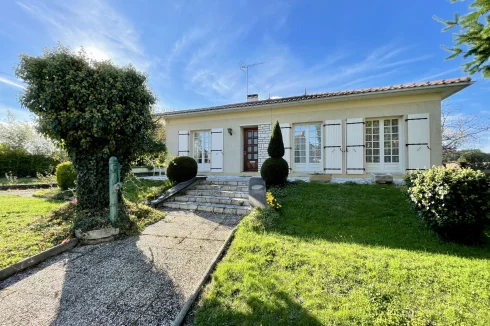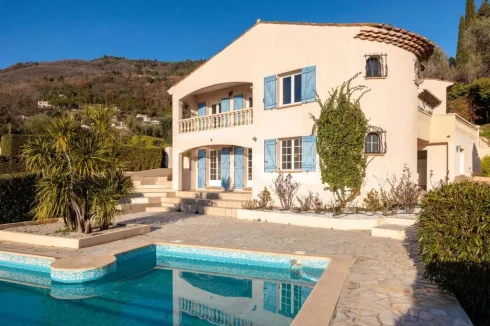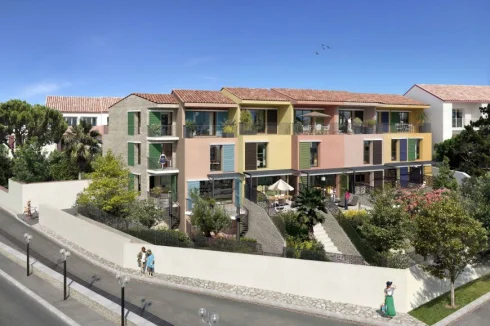Clean-Up Needed in French Water Agencies
Friday 03 April 2015
The water agencies are dominated by farming and industrial interests, to the detriment of individual consumers, who bear the weight of charges, says a French watchdog.
There are six geographically based public water agencies in France, responsible for the management of water capacity and control of water pollution. Supply to the consumer is provided through the local councils, who operate on an inter-communal basis.
The agencies charge the local councils and others for abstraction of water and pollution management, which provides them with a substantial budget of €2.2 billion a year. These charges are included on consumer water bills.
Some of these revenues are used to distribute millions each year in grants and loans towards building reservoirs and water treatment plants. In more minor measure it is used to restore rivers and protect wetland areas. The assistance goes to local authorities, industrialists, farmers and associations.
Although since 2002 France has enshrined in law the principle of 'polluter-pays', a recent report by the French National Audit Office, the Cour de Comptes, states that this has not been reflected in the charges imposed by the agencies, with "les redevances largement déconnectées du principe pollueur-payeur".
The auditors point out that over the period 2007 to 2013, their charges to individual households rose by 25% and that households are responsible for 87% (€1.9b) of all the revenues raised by the agency.
By contrast, the charges to industrialists had fallen by 15% over this period, reducing their part of the bill to 7% (€150m), whilst charges to farmers remained static at around 6% (€130m) of the total bill.
The auditors state that, "industrialists and farmers have been increasingly exempt from the principle of 'polluter-pays" and that "activities that have been the source of serious pollution have not been subject to sanction in proportion to the damage they have caused".
By way of example, they state that across France the amount of charges paid by livestock farmers, who were the main source of nitrate pollution in the rivers and shorelines of the West coast of France, amounted to €3 million a year. Yet the cost of treating green algae along the French coastline was a minimum of €30 million a year.
In another example, in the Rhone basin, the level of the charge for irrigation represent around 3% of total income, yet irrigation accounted for 70% of the surface water drawn in the basin.
The auditors were also concerned about the potential conflict of interest amongst members of the agency, noting that some grants had been awarded to those on the governing structure, without clear lines having been drawn in the decision making process. They consider that some of the grants are generous, that some projects are over-sized and that not enough are consistent with national water priorities. As a result, they call for greater transparency in the award of grants and loans by the agencies.
One very recent of example of such a conflict of interests has been heavily present in the French newspapers over the past few months, concerning a major dispute over the proposed construction of the Sivens Dam across the River Tescou in the Tarn department of the Midi-Pyrenees, in which an individual on the governing structure of the regional agency also happens to be the President of the partnership body that receiving a grant for undertaking the works.
The consumer magazine Que-Choisir, commenting on the report, stated that the consumer representatives on the boards had little influence and that, "there was an alliance between the agricultural interests, who did not want to limit their waste, and the industry pollution professionals, who were always ready to make proposals for depolluting water, rather than invest money in preventing pollution".
The magazine concluded that "the water agencies do not have the ability to deal with problems that are essentially the responsibility of the government. However, the government is incapable of reconciling their agricultural policies, heavily reliant on pesticides, and their environmental policies".
It seems to be a view shared by the Cour de Comptes, who, in a previous report in 2013, stated that the system of water management had "run out of oxygen", and criticised "the complexity of the structures and the multitude of actors" involved.
The Minister of the Environment, Ségolène Royal, has reacted to the report by stating the she will make it compulsory for a list of all beneficiaries of financial assistance to be made clearly available on-line, and that a review will be carried out of the composition of the boards.
Next Article: Farmer Blocks Sale of Property
Thank you for showing an interest in our News section.
Our News section is no longer being published although our catalogue of articles remains in place.
If you found our News useful, please have a look at France Insider, our subscription based News service with in-depth analysis, or our authoritative Guides to France.
If you require advice and assistance with the purchase of French property and moving to France, then take a look at the France Insider Property Clinic.
